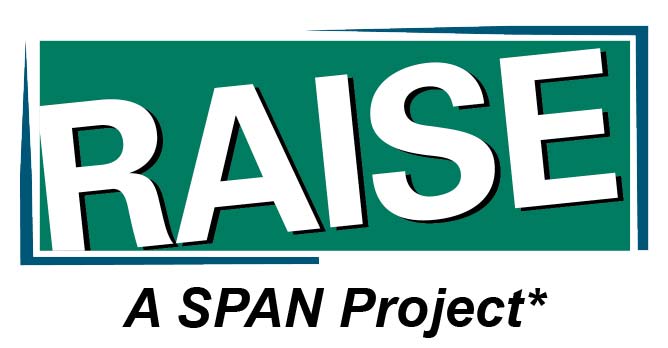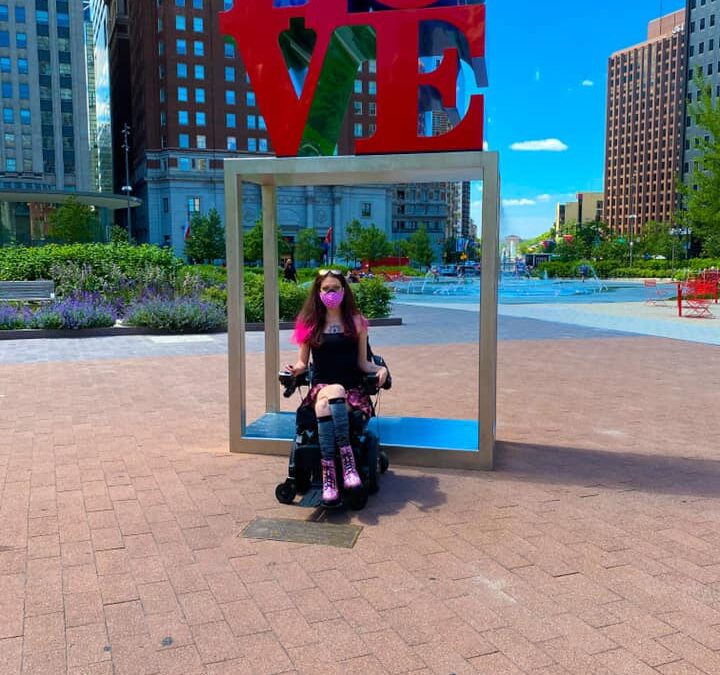As a physically disabled person who can’t independently do all their ADL’s (acts of daily living), people seem surprised when they ask me “Who takes care of you?” and I respond take care of myself.”
I’ve had many caregivers since becoming disabled. Before I had homecare services, I was dependent on friends and partners helping me for free. This created an extremely toxic dynamic. It took time away from their jobs/income, and I could not be professional about managing and communicating my needs to them. It isn’t wrong for a partner, family member, or friend to be a caregiver for a disabled person; but in my experience, it has created an unhealthy power dynamic and an opportunity for the caregiver/partner to not take the job seriously.
My one ex was a great caregiver. He did everything I needed help with and took responsibility for me although he couldn’t be paid. He even had a special way of folding my compression socks so that the elastic wouldn’t wear out. When I thought everything was perfect, he started to get super controlling. In any normal relationship this issue could have been something I could have set my boundaries against. Because he was my caregiver, I couldn’t. He could tell me what to wear and use “but I do so much for you” against me in every situation I was uncomfortable with. We got into an argument and to “talk it out,” he trapped me in his apartment for days. When other able-bodied people see these “caregivers” partners, they tell them how “amazing and wonderful” they are for being with a disabled person.
The next relationship I had I thought it would be safe to give him a role as my part time caregiver because I knew he was easy going/not controlling. He took the job, but did not take it seriously. I felt like I couldn’t hold him as responsible as a regular aide, but I was just so relieved that he wasn’t using my disability against me for control. He treated me like I wasn’t disabled, which really was just as detrimental as a caregiver.
The only thing more toxic for me than hiring my significant others as aides was hiring roommates for a live-in position. The people that I wanted to live with were not qualified people to take care of me. Even if a roommate is qualified as a caregiver, the worst part for any live-in situation is if it turns toxic is there’s nothing a disabled person can do to easily get out of it. If you fire your live-in aide, they’re protected by law to still be living there. If the place is accessible, the disabled person does not have another living option to get away from the toxic roommate. Until accessible housing is made available, this situation will keep happening to us. Most wheelchair accessible options available are not affordable on SSDI or SSI without a roommate.
Sometimes I consider myself lucky that my family never took care of me or even tried being a caretaker role in my life. My dad has Parkinson’s’, my mom has the same connective tissue disorder I do, and my sister had a stroke at birth. Even if they wanted to, none of them were ever capable of care-taking. So many of my friends with physical disabilities I see dependent on their families. It’s good in some ways if the family is responsible and truly caring, but it also tends to create the inability for the disabled person to become a fully mature independent adult. I know of disabled people who their romantic relationships were destroyed because their mother was their caregiver.
So, my standards I set for myself with caregivers. The person must genuinely care about me. It’s a job, but treating me like retail when I’m a human with a mind and emotions about my life is dehumanizing. No codependency. The person who takes care of me, that is their role in my life and there has to be a professional relationship with boundaries and respect for each other. I think of my attendants as extensions of myself, because they’re helping me be me in the ways that life has taken away from me. It can be complicated. I like to say I don’t agree with the statement “Hell is other people.” For me and my own personal struggle it’s not other people, it’s having to depend on other people for the things that I just want to do for myself. That’s my hell. So, I always try to be independent as possible and currently am keep the role of caregiving entirely separate from partnerships and roommates.
I think someday I would be open again to allowing a partner to be a part time caregiver but only after a lot of trust was built between us. I’m currently dating again; that’s always an interesting endeavor when you also have attendant care. It’s difficult to find the balance of the personal space needed for normal social interactions while needing attendant help. I’m fortunate my current aides are understanding of my needs as a 33-year-old single female who is also disabled. I never will allow myself to be trapped in a toxic, codependent situation again.
As for homecare, I cannot stress enough the importance of autonomy. Disabled people: your services and attendants are there to help you be you. If partners, friends, or family filling a caregiver role are making it about their personal interests and relationship with you it will rob you of your identity and independence. Homecare must be considered self-care.

Did you like this article? Are there other topics you’d like to see us publish on? Do you want to apply to be a guest blogger? Please take our quick, 3-question survey and let us know what you think!
Take Survey: http://survey.constantcontact.com/survey/a07eg1rmj5jjrasph9l/start


